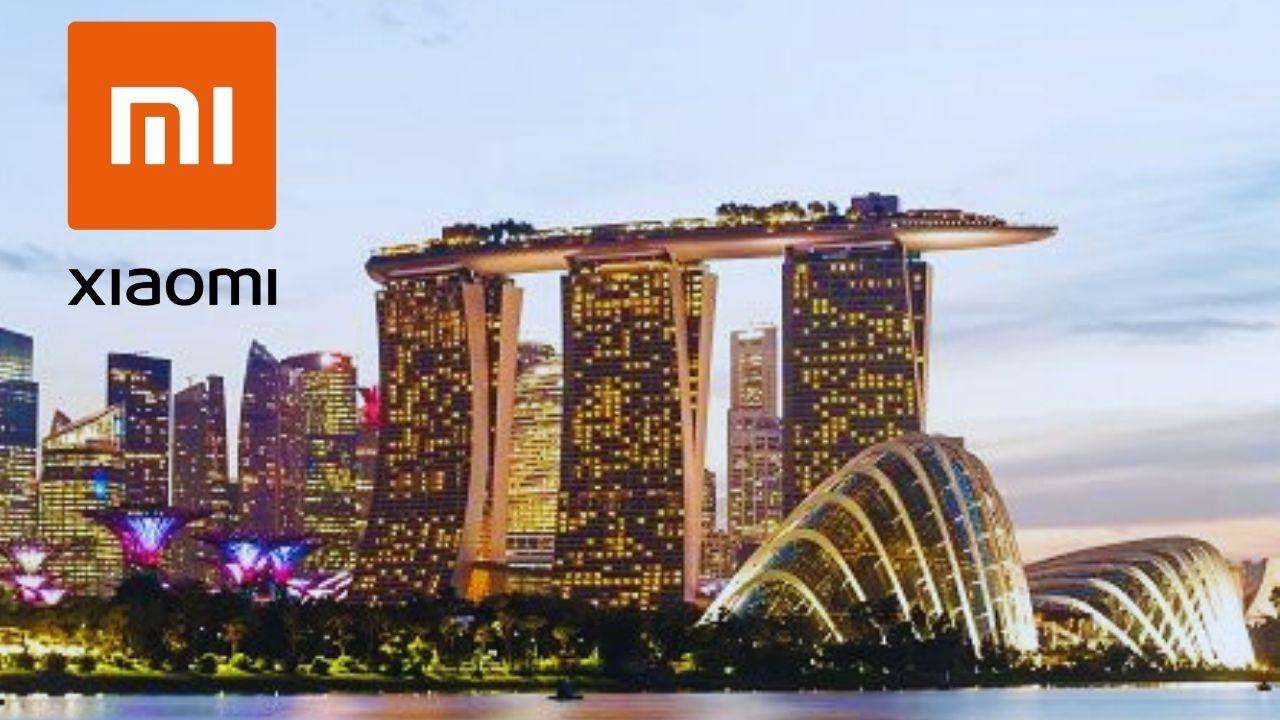Xiaomi, the massive Chinese smartphone and home technology company, has revealed plans to open two more stores in Singapore by the end of 2025, bringing its total number of locations in the nation to 10. On Saturday, December 21, the announcement was made at the opening of Xiaomi's first directly managed store in Singapore, which was held at Funan Mall.
This initiative is part of Xiaomi’s broader strategy to strengthen its direct engagement with Southeast Asian markets, as outlined in the company’s press release. While Xiaomi already has seven stores in Singapore operated by distributor partners, the decision to directly manage some stores reflects the company’s desire to improve the connection between its brand and customers. According to Alex Tang, Xiaomi's general manager for Southeast Asia, distributor-run stores often lack comprehensive knowledge of the brand's technology. By managing stores directly, Xiaomi aims to bridge this gap, enhancing the consumer experience.
The company plans to empower its distributor partners by upgrading store operations and image, introducing new products, and implementing an efficient operations system similar to the one used in China. Tang expressed optimism about the Singapore market, citing a significant increase in interest in Xiaomi’s products, with a 40% rise in demand for vacuums and more than 200% growth for tablets this year alone.
Tang attributed this expansion to Xiaomi’s readiness to offer an integrated consumer experience in Singapore, supported by a broader product portfolio. The company is also actively recruiting staff to meet the demands of its new stores. Beyond Singapore, Xiaomi is focused on improving consumer experiences across Southeast Asia, with recent store openings in Thailand and Malaysia. Despite varying market profiles and competitors across the region, Tang emphasized Xiaomi’s commitment to introducing innovative products tailored to each market's needs.
Globally, Xiaomi’s business momentum has been fueled by a 30.5% increase in revenue in the third quarter, driven in part by the launch of its first electric vehicle in March. The company remains committed to leveraging its growing product ecosystem and global presence to deliver innovative solutions to consumers worldwide.



.jpg)




.svg)



